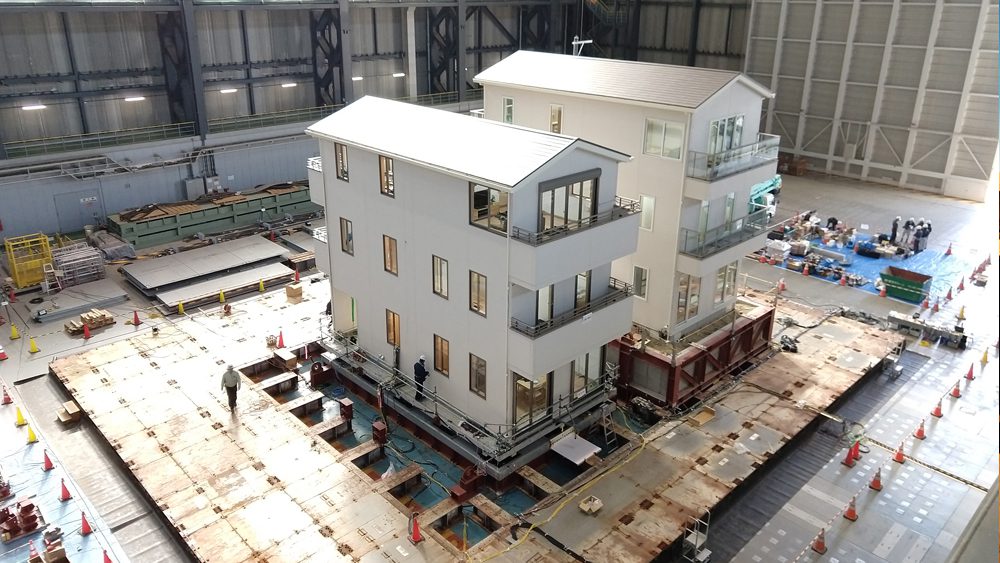Residential Structural Engineering in the USA
Residential structural engineering in the United States is a specialized field of engineering that focuses on the design, analysis, and assessment of structural components and systems in residential buildings. Structural engineers in the U.S. work to ensure that homes are safe, structurally sound, and compliant with local building codes and regulations.
Here are some key aspects of residential structural engineering in the U.S:
Design and analysis:
Residential structural engineers oversee designing the foundations, walls, roofs, and floors of houses. They check that these parts can endure a range of loads, including wind, snow, seismic pressures, and the weight of the building itself, using engineering principles.
Building rules and Regulations:
State and local building rules and regulations must be thoroughly understood by structural engineers. To ensure compliance and safety, they make sure residential structures adhere to these rules.
Renovations and Remodelling:
When homeowners want to make large changes to their homes, such adding additional rooms, knocking down walls, or changing the building's structure, structural engineers are frequently consulted. To ensure stability and safety, the engineer evaluates the current structure and designs adjustments.
Foundation assessment:
Evaluation of the strength of a home's foundation is a crucial component of residential structural engineering. Engineers evaluate a foundation's stability and look for signs of settlement, cracking, or other structural problems. If any are detected, they make recommendations for repairs.
Inspection:
Structural engineers may inspect residential homes, either as a part of the house-buying process or to evaluate the state of a property in preparation for renovation or repair. On the property's structural condition, they offer thorough reports.
Support During Construction:
Structural engineers may assist contractors and builders by responding to inquiries and ensuring that the construction follows the authorized design plans when it comes to the construction of new homes or significant renovations.
Consultation and Expert Witness:
Structural engineers may be called as expert witnesses in court to share their knowledge and opinions regarding structural problems with residential buildings.
Protection from storms and flooding:
In regions prone to hurricanes, tornadoes, or flooding, structural engineers may plan and evaluate residential buildings to survive these calamities.
Fire Safety:
Structural engineers may also be involved in making sure that residential structures are fire safe, including evaluating the fire resistance of components and layouts.
The safety and stability of homes, as well as adherence to building norms and regulations, depend on residential structural engineering. To make sure that residential constructions are structurally sound and meet all essential criteria, homeowners, builders, architects, and contractors frequently work in collaboration with structural engineers.
Disclaimer: This content is provided solely for your review. Erusu Consultants takes no liability for this article. The reader is advised to form their own opinion. Please consult a Structural Engineer before making any final decisions.






